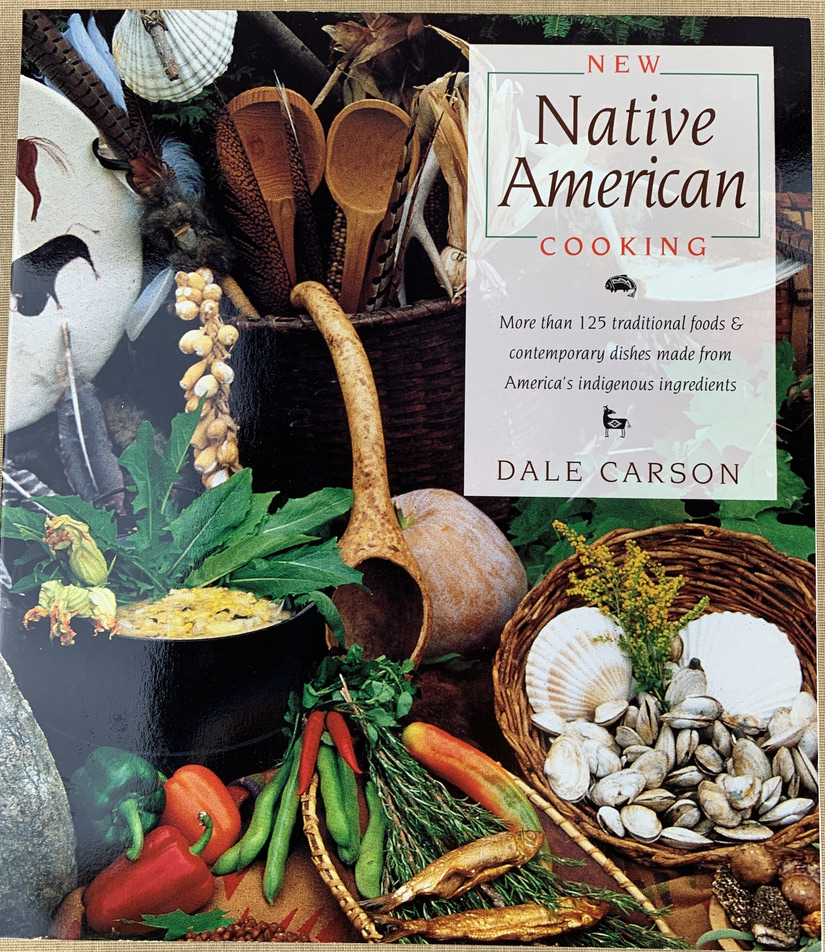The following is written by Olson Graduate Research Assistant, Rachel Miller-Haughton This article will use the words ‘Native American’ and ‘Indigenous’ to refer to the people and cuisines mentioned. Other words, some of which are considered offensive or slurs, are used in these books, and are only mentioned if necessary, in direct quotes. November isContinue reading “Thankful for Indigenous Foods: Native American Cookbooks in Special Collections”
